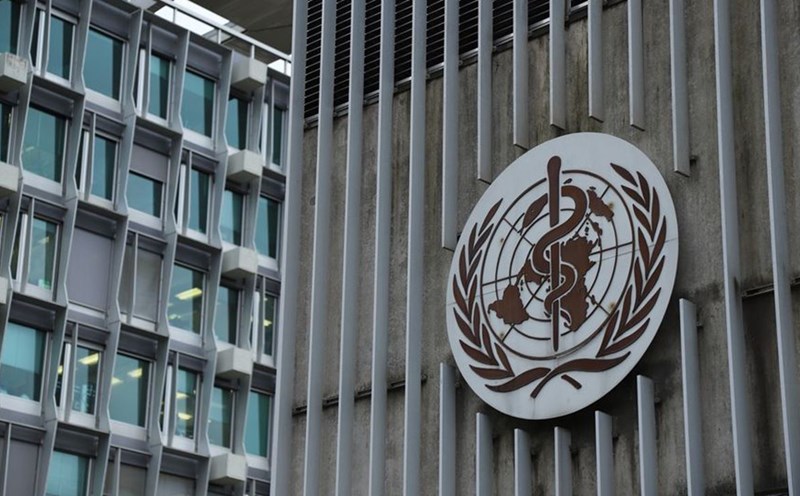Izvestia reported that on May 19, World Health Organization (WHO) General Director Tedros Adhanom Ghebreyesus said that the organization is under pressure to cut the number of departments, from 76 to 34, due to budget shortages.
Speaking at the opening session of the 78th session of the World Health Assembly, Mr. Ghebreyesus said that within the next 2 years, WHO will have to face a budget deficit of up to 500 million USD, mainly due to the decision to stop financial support from the US.
The Washington government's cut in aid has caused some immediate consequences, with patients having to drop treatment, medical facilities closing, health workers losing their jobs and high health care costs appearing in at least 70 countries.
According to Mr. Ghebreyesus, the WHO Secretariat has taken a series of measures to reduce the shortage, including cutting travel costs, shopping, recruitment, early retirement and other costs.
Although these measures have initially shown their effectiveness, Mr. Ghebreyesus said that the WHO is still forced to make a decision to cut staff to continue saving costs.
Previously, on May 1, WHO Deputy Director General in charge of Administrative and Financial Assistance - Mr. Raul Thomas - announced that the organization will not be able to pay 25% of salaries to employees in 2026 and 2027 because the US will stop funding.
However, Mr. Thomas also said that the WHO has not yet determined the exact number of employees that will be cut.
On January 21 - just one day after taking office, US President Donald Trump signed a decree to withdraw the US from the WHO. Mr. Trump said that the US had to contribute too much money compared to other countries when participating in this organization.
According to WHO, the US is the country that contributes the most to the organization, with 1.28 billion USD in the 2022-2023 period, including 218 million USD as a compulsory contribution, 1.02 billion USD as a voluntary contribution and 47 million USD for the emergency reserve fund.
Immediately after the above move, WHO immediately stopped new recruitment and cut costs for activities such as travel, replacing electronic devices, office repairs and investing in facilities.











